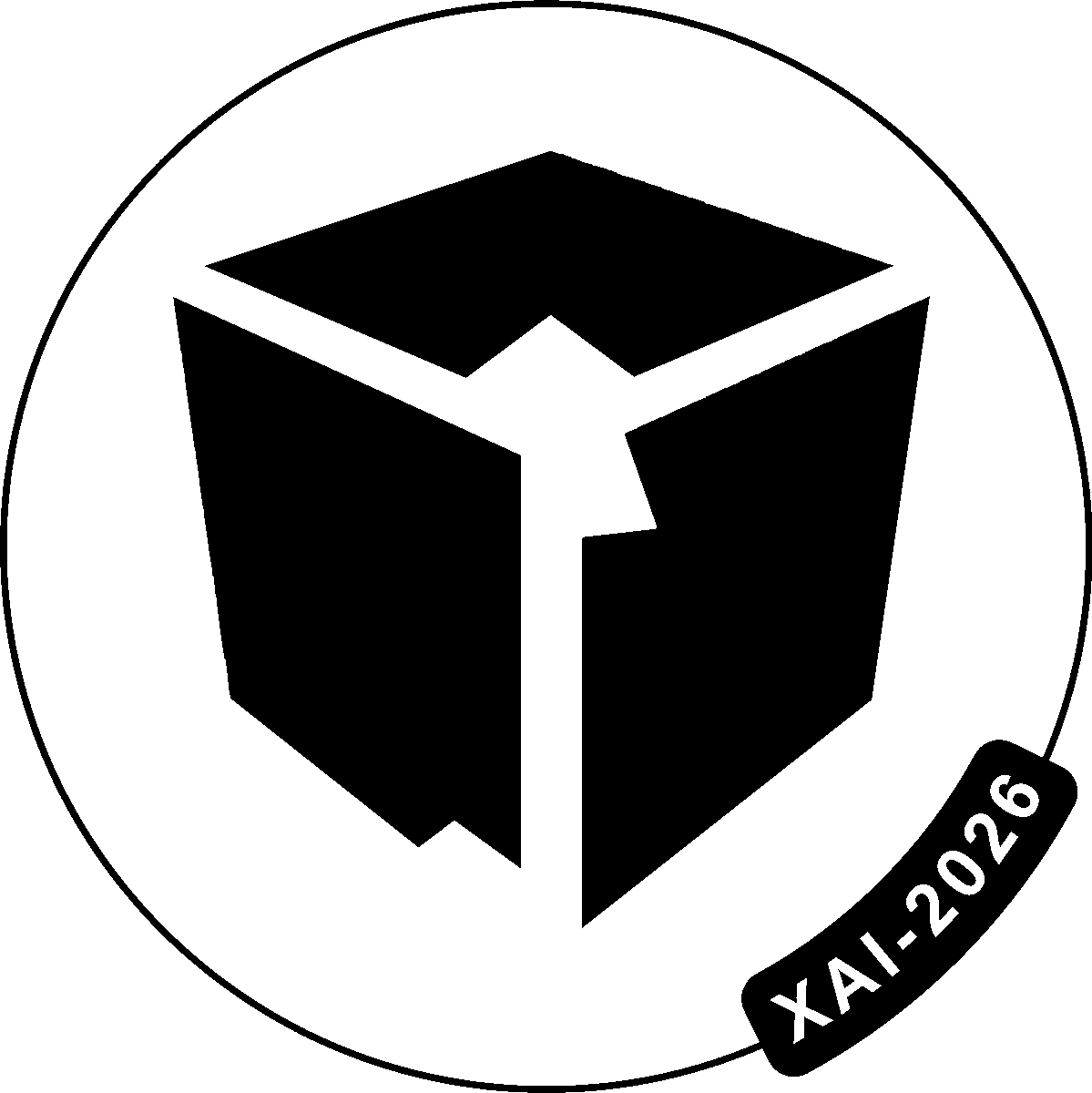Submitted manuscripts must be novel and not substantially duplicate existing work. Manuscripts must be written using Springer’s Lecture Notes in Computer Science (LNCS) in the format provided here. Latex and word files are admitted; however, the former is preferred. All submissions and reviews will be handled electronically. The conference has a no dual submission policy, so submitted manuscripts must not be currently under review at another publication venue.
| Articles must be submitted using the easy-chair platform here. |  |
While registering on the platform, the contact author must provide the following information: paper title, all author names, affiliations, postal address, e-mail address, and at least three keywords.
The conference will not require a strict page number, as we believe authors have different writing styles and would like to produce scientific material differently. However, the following types of articles are admitted:
| full articles | between 14 and 24 pages (including references) |
| short articles | between 10 and 14 pages (including references) |
 | Full articles should report on original and substantial contributions of lasting value, and the work should concern the theory and/or practice of Explainable Artificial Intelligence (xAI). Moreover, manuscripts showcasing the innovative use of xAI methods, techniques, and approaches and exploring the benefits and challenges of applying xAI-based technology in real-life applications and contexts are welcome. Evaluations of proposed solutions and applications should be commensurate with the claims made in the article. Full articles should reflect more complex innovations or studies and have a more thorough discussion of related work. Research procedures and technical methods should be presented sufficiently to ensure scrutiny and reproducibility. We recognise that user data may be proprietary or confidential; therefore, we encourage sharing (anonymized, cleaned) data sets, data collection procedures, and code. Results and findings should be communicated clearly, and implications of the contributions for xAI as a field and beyond should be explicitly discussed. |
 | Shorter articles should generally report on advances that can be described, set into context, and evaluated concisely. These articles are not ‘work-in-progress’ reports but complete studies focused on smaller but complete research work, simple to describe. For these articles, the discussion of related work and contextualisation in the wider body of knowledge can be smaller than that of full articles. |
Appendixes and supplemental material
Appendices and supplemental material must be placed within the article and the maximum number of pages mentioned above.
Special session articles
The article submitted to the special sessions follows the submission procedure of the main track and must be submitted via EasyChair, as mentioned above. The types of articles admitted are full and shorter, as described above. The authors of an article to be associated with a special session must select the name of such special session in the list of topics in EasyChair, along with other relevant topics.
Authors commit to reviewing
By submitting to the conference, each senior manuscript author (holding at least a PhD) volunteers to be added to the pool of potential PC members/reviewers for the conference and may be asked to review manuscripts. This does not apply to authors who have already agreed to contribute to the conference in some capacity (e.g., as PC/SPC members of the main conference or special tracks, area chairs, or members of the organising committee) and authors who are not qualified to be on the programme committee.
Ethical & Human Subjects Considerations
The conference organisers expect authors to discuss the ethical considerations and the impact of the presented work and/or its intended application, where appropriate. Additionally, all authors must comply with the ethical standards and regulatory guidelines associated with human subjects research, including the use of personally identifiable data and research involving human participants. Manuscripts reporting on human subjects research must include a statement identifying any regulatory review the research is subject to (and identifying the form of approval provided) or explaining the lack of required review.
Submission and publication of multiple articles
Each author is limited to a combined maximum of 4 submissions to the main conference track, and authors may not be added or deleted from papers following submission.
Use of Generative AI
Generative AI models such as LLMs, including ChatGPT, BARD, LLaMA, and similar, are against the criteria for authorship of scientific manuscripts submitted and published in the conference. If authors use any of these tools while writing their manuscript, they assume full responsibility for all content. This includes verifying its correctness and assessing plagiarism of any part of their work. Suppose the text generated by the above generative AI models is the subject of scientific inquiry as part of the manuscript’s methodology or analysis. In that case, it must be adequately described, documented and made explicit in the paper.
Important dates
*All dates are Anywhere on Earth time (AoE)
Articles (main track & special sessions)
| Easychair submission platform opening (authors can start submitting preliminary versions) | |
| Final article upload deadline on submission platform (Easychair submission platform closing)*: | |
| Paper bidding for reviewers | |
| Review submission deadlines for reviewers | |
| Notification of acceptance*: | |
| Registration (payment) and camera-ready* (upload to easy-chair): | |
| Article presentation instructions notification | June 2026 |
| Publication (Springer CCIS series) | September/October, 2026 |
Late-breaking work & demos
| Easychair submission platform opening (authors can start submitting preliminary versions) | March 01, 2026 |
| Final late-breaking work upload deadline on submission platform (Easychair submission platform closing)*: | March 15, 2026 |
| Notification of acceptance: | March 31, 2026 |
| Registration (payment) & Late-breaking work & demo camera-ready (upload to easy-chair): | April, 10, 2026 |
| Late-breaking work & demo presentation instructions notification | June, 2026 |
| Publication (planned with CEUR-WS.org*) | September/October, 2026 |
Doctoral consortium (DC) proposals
| Easychair submission platform opening (authors can start submitting preliminary versions) | March 01, 2026 |
| Final doctoral proposals upload deadline on submission platform (Easychair submission platform closing)*: | |
| Notification of acceptance: | |
| Registration (payment) | April 10, 2026 |
| DC presentation and meeting instructions notification | June, 2026 |
| Publication (planned with CEUR-WS.org*) | September/October, 2026 |
Special session proposals
| Proposal submission (contact): | November 15, 2025 |
| Notification of acceptance & final instructions | November 31, 2025 |

